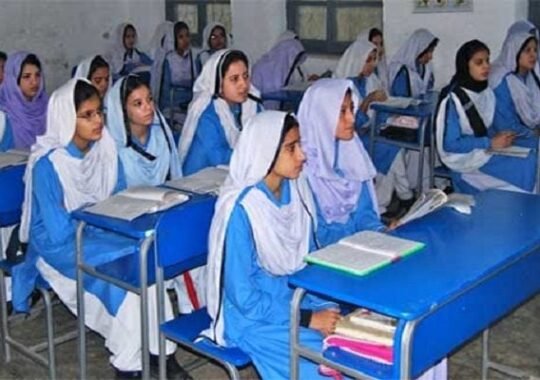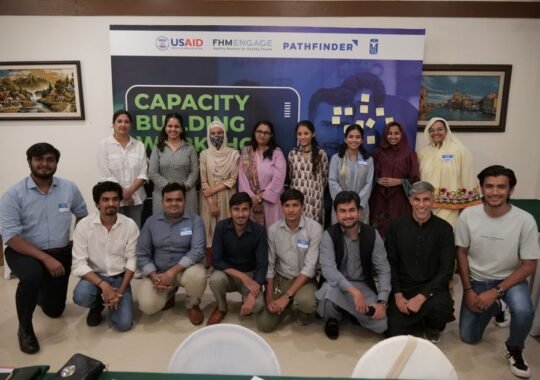
Karachi, 05 April, 2017: After months of building an ultra-energy efficient vehicle and a weekend of intense competition, bright and enthusiastic students of Team Hammerhead from Ghulam Ishaq Khan Institute (GIKI) made it to 6th place on the leaderboard at the Shell Eco-marathon 2017, held from March 16-19 in Singapore. This year, the competition was part of Make the Future Festival – one of Shell’s flagship programmes.
Make The Future is a platform for conversation collaboration and innovation around the global energy challenge. The festival housed an interactive display allowing visitors to create energy through movement, gravity and sports. Present at the event were the top 15 young entrepreneurs from across the globe to show how their ideas create a world that can produce much more energy with less CO2. Sanwal Muneer, a 24 year old Engineering graduate from FAST University was also one of the finalists. He is now the CEO of Capture Mobility, a company that produces wind turbines with solar panels that not only power street lights, traffic signals but also absorb carbon pollutants on the highway.
Shell Eco-Marathon in its eighth year challenged students from universities across the Asian region that are passionate about developing innovative mobility solutions to design, build and drive the most energy efficient cars on real city streets. Student teams participated in either of two categories – Prototype: Futuristic and highly aerodynamic vehicles or Urban Concept: highly economical and innovative vehicles that resemble today’s cars.
The vehicles that the teams chose utilized any of the following energy types to compete: Internal Combustion Engine (ICE): Gasoline, diesel, ethanol (biofuel), Gas to Liquid (GTL) fuel made from natural gas, CNG (compressed natural gas) battery electric or hydrogen fuel cell. The car designed by Team Hammerhead competed in the battery electric prototype category. They used Lithium Ion battery module (BN4820LK 48V 20Ah) with an IR2110 MOSFET Driver circuit and a Motor of MY1020z 450watt 48volt.
Another accolade the young students brought home was by the PNEC NUST team who was successful in winning the off-track Communication Award for their aggressive and engaging PR campaign to promote Shell Eco-marathon and showcase their engineering brilliance demonstrated in their car design, as a means to create awareness and motivate other young aspiring future engineers to participate next year.
While speaking at the occasion, Seemi Saad, Head of External Relations, Shell Pakistan Limited said: “This is a fantastic platform that fosters innovation and provides the opportunity to our Pakistani students to participate, learn and compete with other student teams from across the region. Through Shell Eco-Marathon, we encourage young students to build fuel efficient cars of the future.”
Shell Eco-marathon Asia 2017 is a visible demonstration of Shell’s commitment to help the world meet its growing energy needs in a responsible way by working together with students, partners and other stakeholders.



